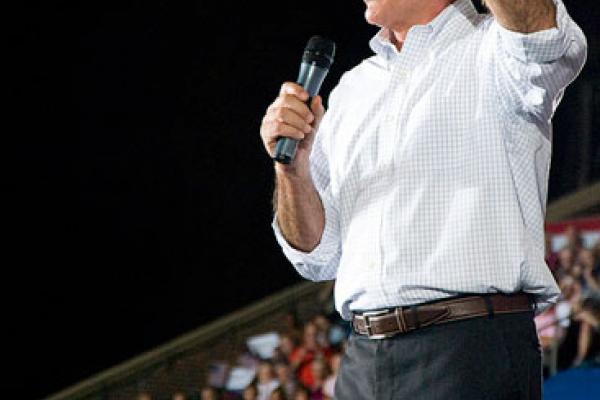The Romney-Ryan ticket is the first Republican presidential campaign in history without a Protestant candidate, but this hasn't deterred evangelicals from launching massive get-out-the-vote and registration efforts to help Mitt Romney and Paul Ryan win the White House.
Faith and Freedom Coalition founder Ralph Reed, who has been involved in pushing evangelicals to the polls since 1988, has launched what he described as the "largest voter registration, voter mobilization and get-out-the-vote effort ever targeted at evangelical voters," specifically those who would be new additions to the voter rolls.
Reed's effort targets not only presidential swing states but also those with critical Senate and House races to help elect conservatives down ballot as well.
Working with third-party contractors, Reed and his group were able to identify and mail voter registration packets to slightly less than 2 million unregistered evangelicals based on everything from Census data to television preferences to what books they may have purchased online.
"There are millions of Bibles purchased in the United States every month. Most people aren't interested in finding out who is buying those Bibles — I am," Reed said.
Reed said he has a voter file of 17 million evangelicals in battleground states, and each household will be contacted seven to 12 times before the election through mail, email, phone calls and text messages.
Read the Full Article

